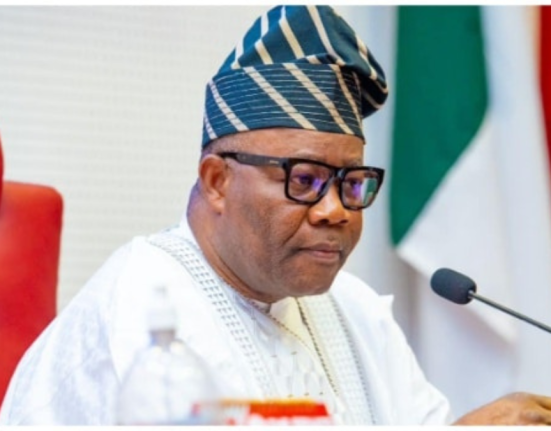The World Bank has revised its global economic outlook downward, projecting that worldwide growth will decelerate to 2.3% in 2025, a decline of nearly half a percentage point from earlier estimates. This slowdown is attributed to increasing trade restrictions, rising geopolitical tensions, and a general climate of uncertainty around global economic policy.
According to the Bank’s Global Economic Prospects report released on Tuesday, growth will remain uneven across regions, with many developing nations bearing the brunt of the downturn. The report assumes that no new trade tariffs will be introduced in the coming months and that previously delayed tariff increases, especially between the U.S. and its trading partners, will remain on hold. However, the broader global picture remains fragile, and the anticipated growth figures mark the slowest pace in a non-recession year since the 2008 global financial crisis.
The updated forecast reveals that nearly 70% of national economies are expected to experience downgraded growth in the coming year. This trend is particularly alarming for developing countries, where average growth is now projected at 3.8% in 2025, significantly below the rates seen during the 2010s. The World Bank warns that this reduced momentum could severely hamper efforts to reduce poverty, create employment, and close income gaps between low- and high-income nations.
Low-income economies are expected to grow at an average of 5.3%, but this modest expansion is unlikely to be enough to keep pace with growing demands for public services and economic opportunity. The Bank has highlighted the importance of rebuilding international cooperation and trade relations to prevent further setbacks.
The report outlines subdued growth projections for major economies. The United States is forecast to expand by only 1.4%, while growth in the Eurozone and Japan is expected to remain under 1%, reflecting continued sluggish demand and weak export performance. China, on the other hand, is projected to grow at 4.5%, supported by government efforts to stabilize domestic consumption and investment. India is set to remain a bright spot, although its growth is expected to slow slightly to 6.3%, down from earlier highs.
Senior World Bank officials have emphasized the need for swift policy action to counter the emerging slowdown. Indermit Gill, the institution’s Chief Economist, warned that the world economy is facing renewed headwinds, and without timely reforms, many countries could see significant declines in living standards. He stressed that improving the investment environment, fostering trade cooperation, and equipping workers with modern skills are critical for economic resilience.
In a related update, the World Food Programme (WFP) has sounded the alarm over a growing crisis in Haiti, revealing that it currently lacks pre-positioned food supplies for the upcoming hurricane season, which lasts from June to November. WFP officials noted that there are no contingency stocks available, and funding shortages are hampering emergency preparedness efforts. Other United Nations agencies have managed to stock limited supplies of water, sanitation, and medical kits, but these are inadequate without accompanying food provisions.
Haiti continues to battle a severe hunger crisis, with over half its population facing acute food insecurity. Ongoing gang violence has displaced more than a million people, further limiting access to basic services such as healthcare and clean water. The UN estimates that it requires $908 million to respond effectively to humanitarian needs in the country, yet only $78 million has been raised so far.








